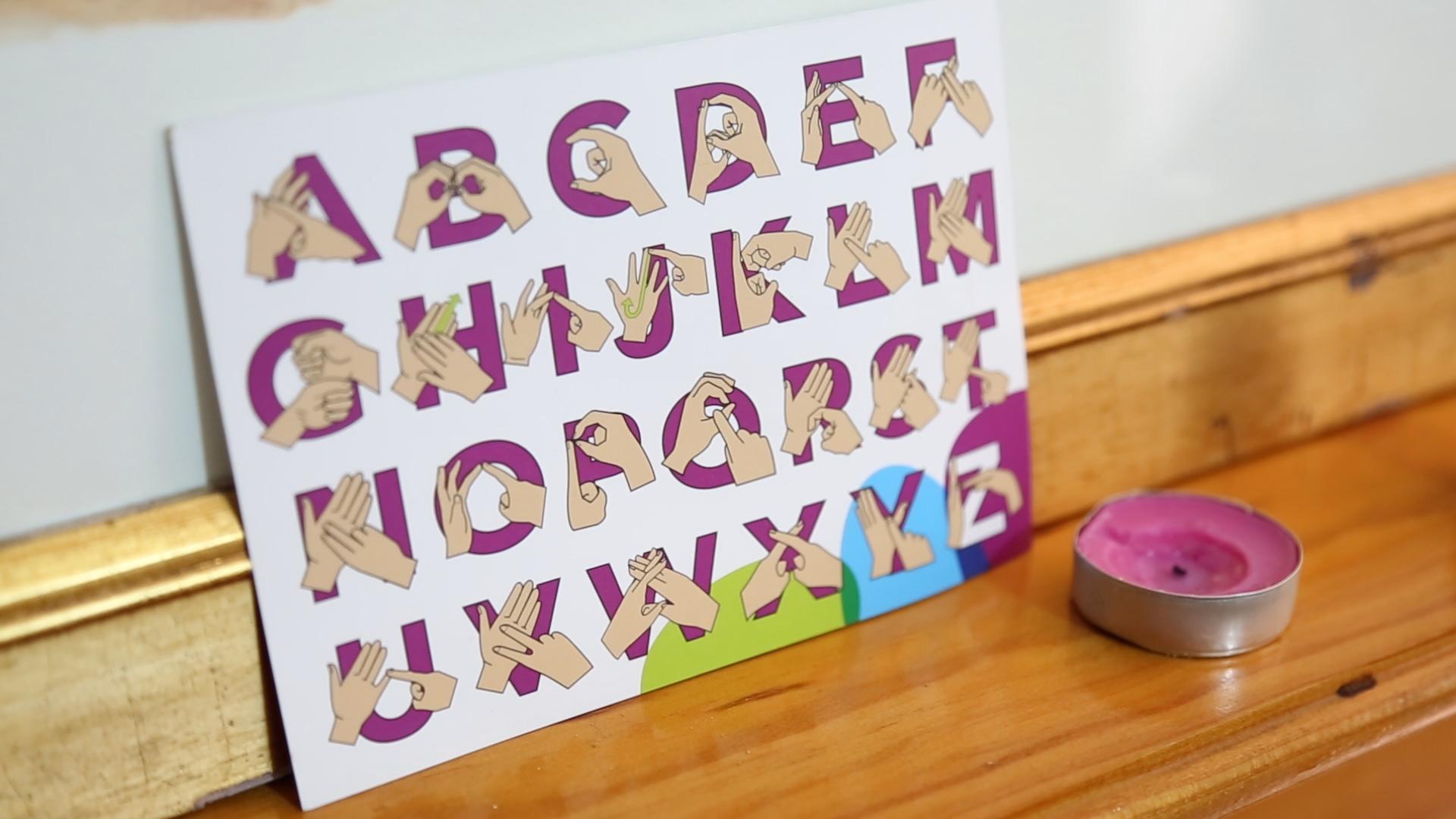I'm glad The Silent Child is changing the narrative around deaf children – but it's important to remember that sign language is not the only option
I was born deaf, but it hasn't stopped me from speaking just as well as any hearing person

The Oscar nominated short film, The Silent Child, has shone a light on the issues facing parents when they find out that their child is deaf. Seventeen years ago my parents found themselves in this situation as I, like Libby in the film, was born profoundly deaf. This means that I can’t hear anything.
My parents had no prior experience with deafness and so were distraught for my future. They thought that I would never hear my mother’s voice. They thought that I would never be able talk. They thought that I would have to use sign language and attend a special-needs school. They thought that I would find it hard to make friends and that my adult life would be very limited.
Never in their wildest dreams could they have imagined that I would be where I am today.
My speech is indistinguishable from my hearing friends. Most people do not realise that I am deaf. I am currently in year 13 studying maths, history and economics and I plan to study history at Durham University. I also run my school’s public speaking society, running workshops for other (hearing) pupils.
My deafness has never been an obstacle. I know that I can do anything.
Learning sign language is not the only option for deaf children. Thanks to advances in technology (hearing aids and implants) and the power of specialist auditory verbal (AV) therapy, deaf children can learn to listen and talk to the same level as their hearing peers.
It is not for other people’s convenience that deaf children should learn to listen and talk, but for their own.
They can go to the same schools, have the same friends, apply for the same jobs and live the same lives. They do not have to be trapped in a deaf only world.
I was lucky. My parents were determined that my life should be no different from any of my friends and found the organisation Auditory Verbal UK. I learnt to listen and talk through three years of AV therapy, a process which concentrates on developing the hearing part of the brain during the vital development years of nought and five.
Along with over 1,000 other deaf young people in the UK, I am living proof that, with this approach, even babies born profoundly deaf can learn to speak and communicate with their hearing peers. So many people do not understand or believe that this is possible. I want them to know that, with effective support, it is possible for deaf children to learn to talk as well as any hearing child.
Since sign language was invented, technology has made huge leaps forwards. Deaf children now have the opportunity to stand on the same level as their hearing peers. Auditory verbal therapy is the key to a deaf child’s success.
My parents made a choice, but I have been empowered. I can talk to anyone I want. People do not need to adapt to speak to me. I can learn any language. I can do anything. This is thanks to the power of AV therapy.
Most importantly, however, as well as the ability, I now have the choice!
Personally, I do not understand how a parent could deny their child the opportunity to hear and talk. Perhaps they are, quite naturally, scared: they may fear that it is impossible for their child to ever reach the same level as their hearing peers or they may fear that their child may be discriminated against and so they follow the path of teaching them to sign.
The Silent Child has done an amazing thing by raising awareness of the challenges faced by deaf children, but it is vital that parents of deaf children understand that they have other choices, not just sign language. People need to understand just how well deaf children can learn to speak and that AV therapy can provide a route for deaf children into the mainstream world.

Join our commenting forum
Join thought-provoking conversations, follow other Independent readers and see their replies